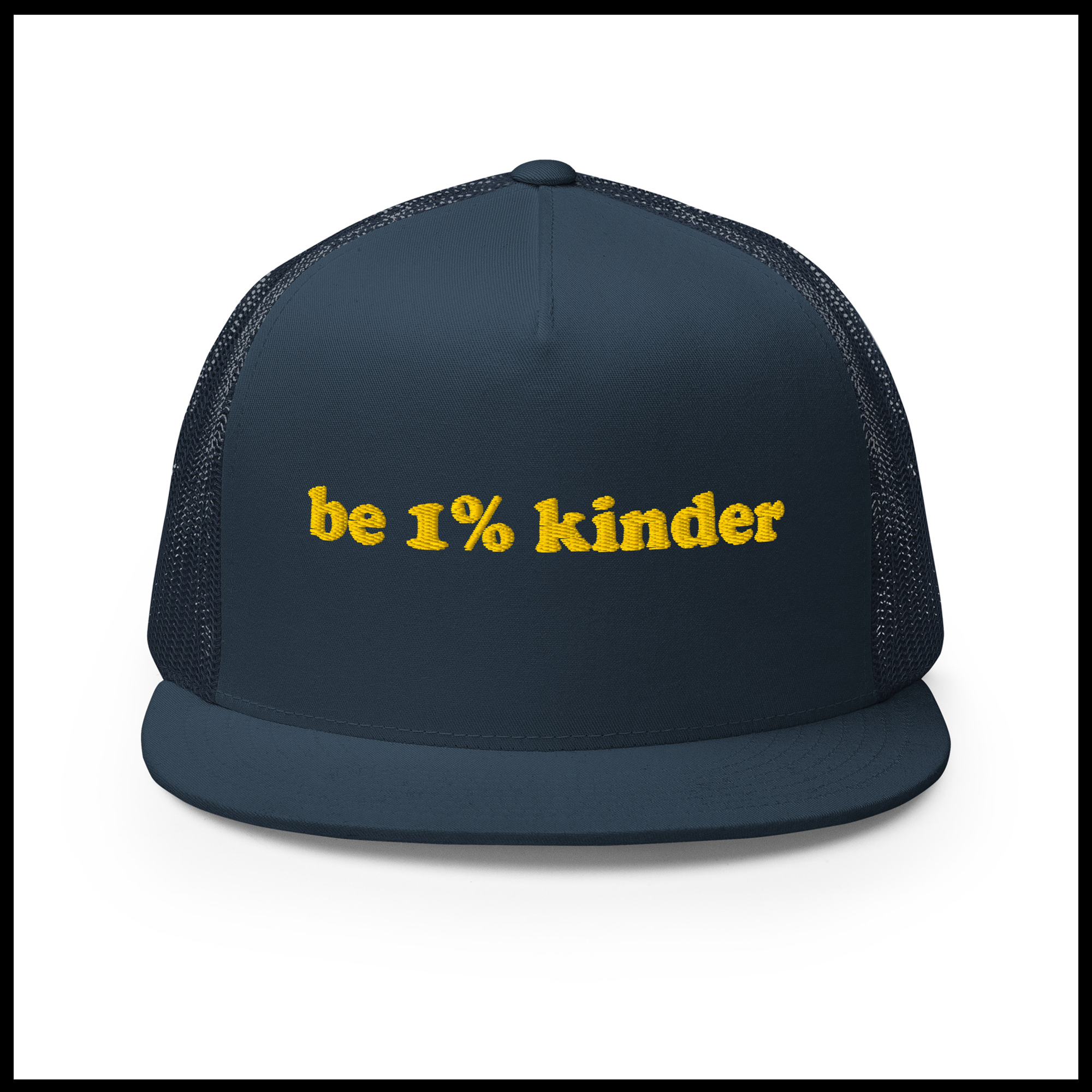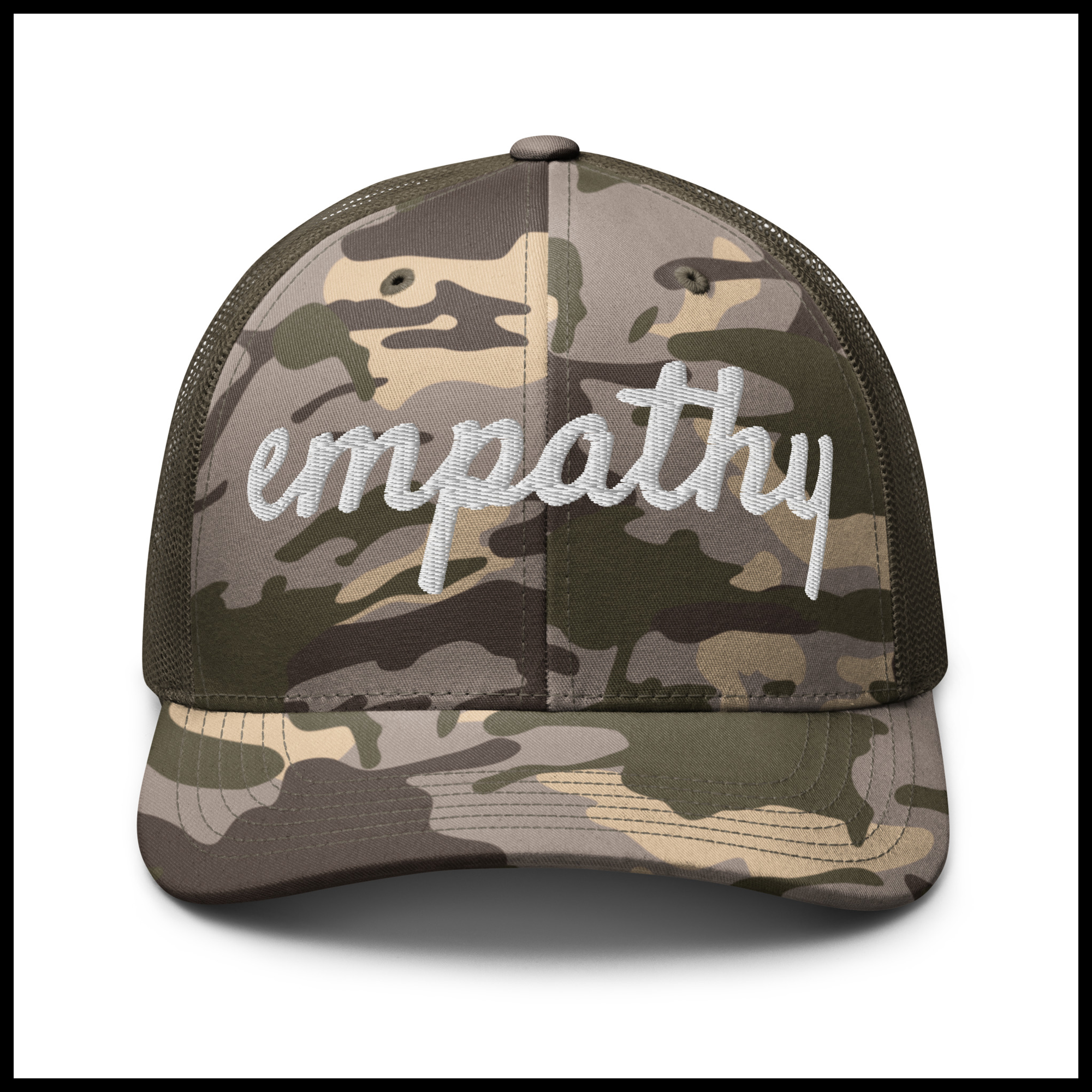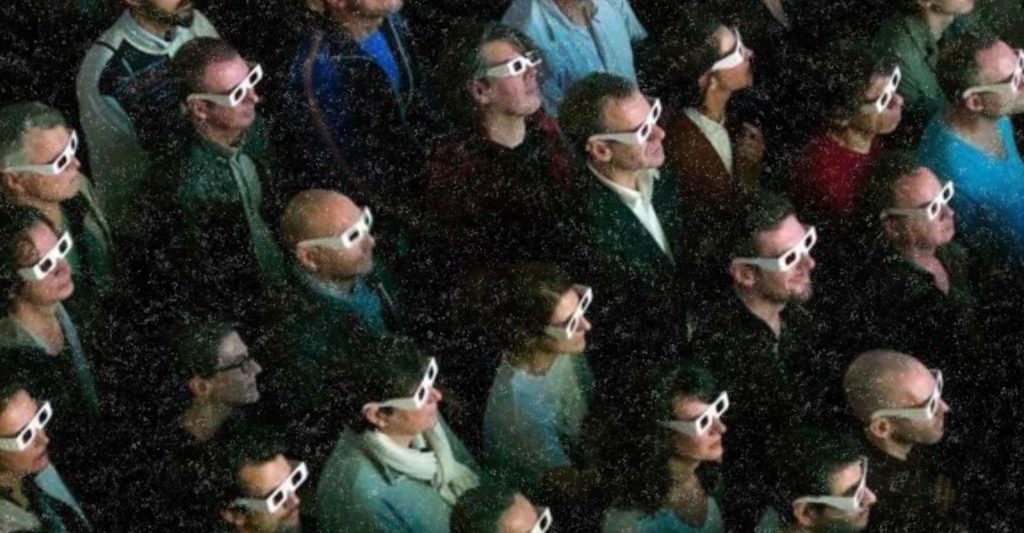
The Human Advantage
At Wellvyl, kindness is at the heart of who we are and what we do. We believe that doing good shouldn’t just be a slogan or a tagline. It should be baked into the way a business operates, how it treats people, and the kinds of conversations it engages in. At the heart of our work is a simple belief: everyone needs some version of therapy. Not necessarily in the formal, clinical sense—though for many, that’s essential—but something that helps people reflect, heal, and feel just a little more understood.
Social wellness is not a rigid protocol or a one-size-fits-all solution. It’s a recognition that there are as many ways to feel whole as there are people trying to get there. The only thing we believe is truly universal is kindness: how we practice it, how we extend it to others, and maybe hardest of all, how we learn to give it to ourselves. But the road to that kind of self-understanding? That’s personal, and everyone has their own unique journey.
One of the biggest challenges we see is that so many people don’t have access to that journey. Not because they’re unwilling, but because the starting point feels out of reach. Therapists, coaches, social workers, wellness professionals are often inaccessible to the people who need them most. And so we asked ourselves: What would it look like to offer something foundational? Not a replacement for licensed support, but a kind of emotional first aid. A baseline. Like a yoga teacher training, but for the emotional and relational parts of being human.
That’s the idea behind our Social Wellness Institute. We’re creating entry points for people to support one another in meaningful ways. Not through chatbots or apps, but through actual human beings who have been through similar stresses and hardships themselves. Because that’s the human advantage.
We’re wired for connection. We’re built to make eye contact, to share quiet moments, to notice the pause before someone says what they really mean. And when we outsource that—when we start opening up to entities that can’t experience regret, joy, or empathy—we start losing something essential. AI doesn’t get tired. It doesn’t push back. It just reflects back what we already want to hear. That’s not a connection. That’s an echo. And real growth doesn’t come from smooth interactions. It comes from friction. From discomfort. From the messy, imperfect reality of being human.
AI might well help support wellness, but it shouldn’t replace it. Its best role is in training the people doing the work, not in doing the work itself. Because machines can’t bond. They can’t break down in the middle of a sentence or offer an awkward, well-meaning hug. But, sometimes, that’s exactly what we need, and what works best.
It ties back to something I’ve written about before—the way our physiology is unraveling from too much screen time, our attention span shrinking, our nervous systems overstimulated. The antidote isn’t more tech. It’s more people. We won’t restore our inner lives by downloading a better app. We’ll do it by having better conversations. The kinds of conversations that happen slowly when we put our phones down and just listen. It’s not fast. It’s not frictionless. But it’s real. Because in the end, the most powerful technology we have at our fingertips is still each other.
Choose a Subscription
Shop +wellvyl APPAREL











